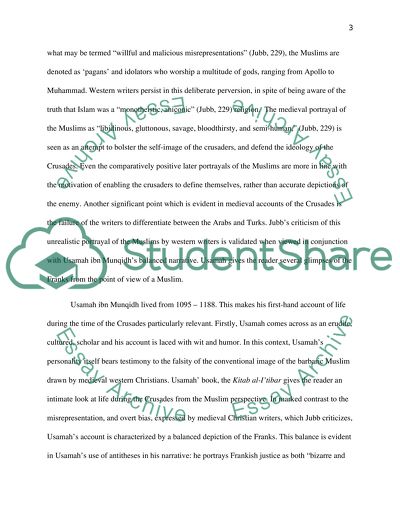Cite this document
(“The Crusades: The Muslim Perspective Essay Example | Topics and Well Written Essays - 1000 words”, n.d.)
Retrieved from https://studentshare.org/history/1446687-crusades
Retrieved from https://studentshare.org/history/1446687-crusades
(The Crusades: The Muslim Perspective Essay Example | Topics and Well Written Essays - 1000 Words)
https://studentshare.org/history/1446687-crusades.
https://studentshare.org/history/1446687-crusades.
“The Crusades: The Muslim Perspective Essay Example | Topics and Well Written Essays - 1000 Words”, n.d. https://studentshare.org/history/1446687-crusades.


